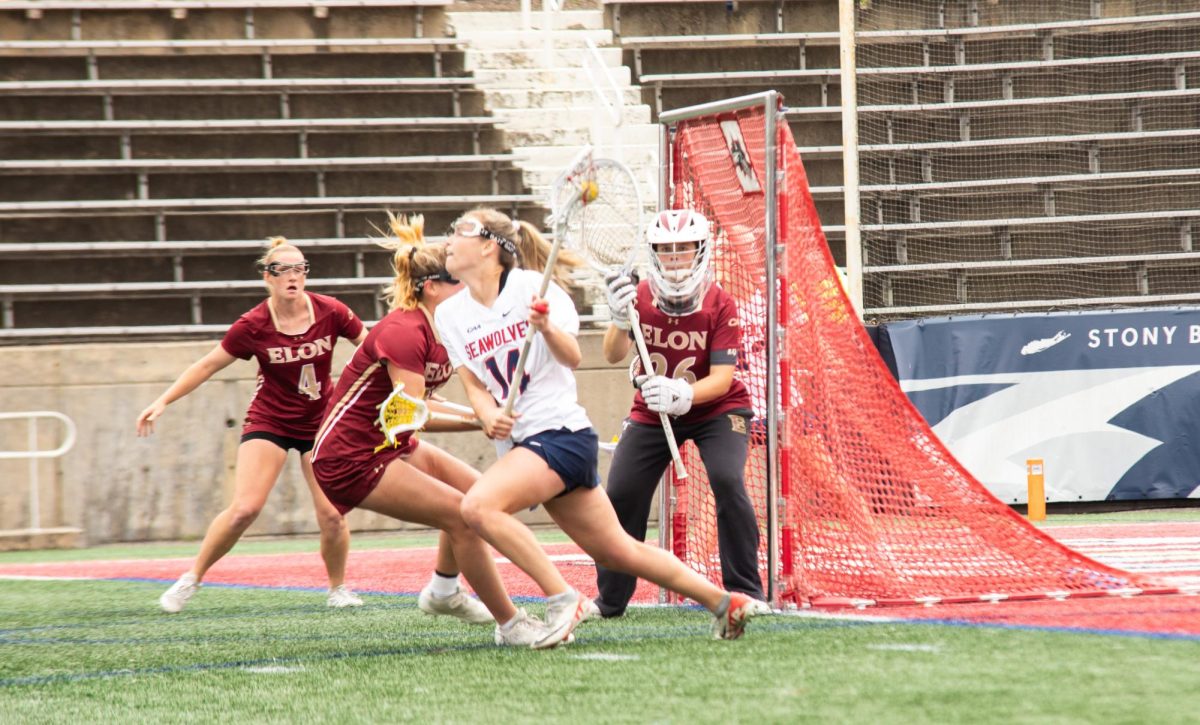Peanut allergies are more common now than ever before. In schools around the country special precautions are taken to ensure the safety of those students who are allergic to peanuts. These measures need to be taken because young children cannot be trusted to always be careful. Schools can’t prohibit peanut butter from schools entirely because you have poor and low-income students who can’t afford to buy anything but peanut butter . People who are allergic try very hard to avoid contact with peanuts because peanut allergies can often be very serious or fatal. However, you can’t control everything.There comes a time when people have to understand that not every personal encounter can be monitored.
According to News 12 a recent lawsuit raised on this issue is seeking 3 million dollars in damages.
The plaintiff worked as a cashier in a Babies ‘R’ Us before she voluntarily quit . She became seriously ill after coming in contact with peanut candy a customer was eating.
Her argument is that the manager should have moved the peanut candy, which was near her station away from her register. But a store isn’t like a classroom where the teacher or professor has complete control over a specific area. What if they had moved the candy? This cant ensure that she wont come in contact with the outside wrapper or even the breath of someone eating it, which is sometimes enough to trigger a reaction in allergic individuals. Should they eliminated peanut related products from the store entirely? If so what would keep customers from bringing it in the store to eat as a snack? This lawsuit clearly shows that individuals are ultimately responsible for their own health, and raises the question of at what point managers stop being responsible.
In a News 12 conference, the worker remarked “You always have to look over your shoulder and look for your surroundings, of what’s around you. ” She then goes on to say how fatal this allergy is to her. If she knows she has to be constantly aware of what people are eating because she can get fatally ill at any moment, then she obviously knows that getting extremely sick is always a possibility.
Since it’s always a possibility, why is she suing a corporation who has no control over their shoppers eating habits, for an incident that could have happened anywhere?
If she wins, what does that mean for those who aren’t allergic to peanuts? Does this mean that a person can’t eat a peanut butter sandwich and pay a bill during their lunch hour because the people around could be allergic? What if someone is eating peanut candy that they had in their purse? Can the person eating be sued? The store isn’t responsible because the customer brought it in with them. The only party that would be responsible for the allergic reaction would be the customer. Does this mean anyone can be in danger of paying a huge fine? This lawsuit is walking a fine line and could set a dangerous precedent. It brings up a serious issue about responsibility and how that responsibly is spread between individuals and groups in a society.
I believe the solution in cases like this is to determine if an action was taken maliciously , an example of this is someone who knows of an another persons allergy and purposely presenting or exposing them with the allergen.
This brings up another issue, what in the world does the plaintiff need three million dollars for? I highly doubt that the medical costs of one incident could equal 3 million dollars.
This case is more than just about allergies. It is about individual liability. McDonalds wasn’t liable for making people fat for eating their food. In a world where people are already so cautious sometimes overly so, maybe it is time to refocus our time and energy on making sure that organizations that actually do hold safety responsibilities adhere to them, make sure the FDA inspects our food and drugs, insure that large companies treat their workers properly and follow ethical guidelines, these are the types of issues that we should be seeing in court, not the a case about a person not looking out for their own well being and expecting others to take care of them at all times.
Hopefully in the future we don’t have to worry about being liable for wanting a snack












